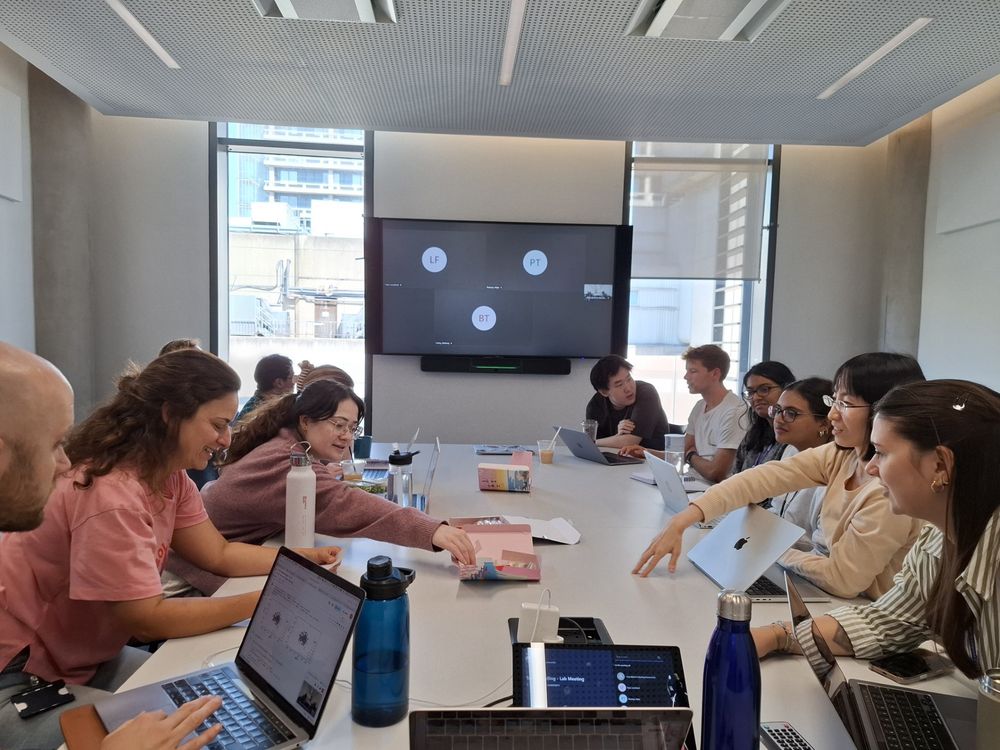T cell Vaccines Lab (Swadling UCL) 🧬👩🏽🔬
@tcellvaccineucl.bsky.social
230 followers
230 following
35 posts
Sometimes tweeting about T cells, Vaccines, Viruses, TCRs, Immunogen Design, AI, Viral Seq Evolution...
PI: Leo Swadling
@IIT_UCL 🍐
www.researchgate.net/profile/Leo-Swadling
profiles.ucl.ac.uk/61477-leo-swadling
Posts
Media
Videos
Starter Packs
Reposted by T cell Vaccines Lab (Swadling UCL) 🧬👩🏽🔬
Reposted by T cell Vaccines Lab (Swadling UCL) 🧬👩🏽🔬









